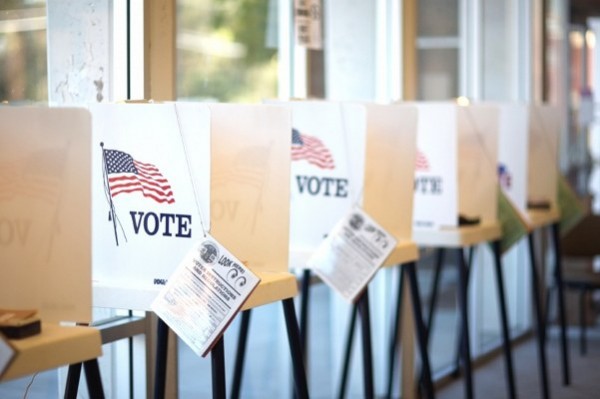2012 California Ballot Propositions – A Brief Description


The November California ballot contains the usual wide array of sometimes confusing propositions. Some are already highly visible and generating interest and controversy. Others are obscure, with many voters not quite sure what they mean. Several of the 2012 California ballot propositions, if passed, will bring major changes to California. This introductory article briefly explains each proposition. Detailed articles, including pro and con arguments, will follow. IVN invites participation by advocates and opponents of the propositions.
**Visit the ELECTION CENTER for Detailed News and Information**
*All of California's Propositions*Arguments from each side*Funding Information*Daily News
Proposition 30: Temporary Taxes to Fund Education.
This is Governor Jerry Brown's initiative and is a merger of two previous initiatives. Proposition 30 will raise sales tax 0.25% for four years and increase personal income tax on high earners for seven years. It allocates the new revenue be used to fund education. If it does not pass, $6 billion in mandated education cuts will occur in 2013. Prop 38 is a competing measure.
Proposition 31: State Budget. State and Local Government.
Prop 31 aims to balance the budget. It establishes a two-year budget, permits the governor to cut the budget unilaterally during a fiscal emergency, and most crucially, prohibits the legislature from spending more than $25 million unless offsetting revenues or spending cuts pay for it.
Proposition 32: Political Contributions by Payroll Deduction.
Nicknamed the "Paycheck Protection" initiative, Prop 32 bans corporate and union contributions to state and local candidates as well as contributions by government contractors to politicians who award them contracts. It also bans automatic paycheck deductions by corporations, governments, and unions for use in political contributions.
Proposition 33: Auto Insurance Companies.
This prop allows auto insurance companies to set prices based on whether the driver previously had insurance with any insurance company, not just them. They could lower or raise rates based on previous coverage.
Proposition 34: Death Penalty.
Prop 34 repeals the death penalty in California for those found guilty of murder and replaces such sentences with life in prison with no possibility of parole. It requires those found guilty of murder to work while in prison with their pay going towards restitution. Prop 34 applies retroactively and thus includes those already sentenced to death.
**Visit the ELECTION CENTER for Detailed News and Information**
*All of California's Propositions*Arguments from each side*Funding Information*Daily News
Proposition 35: Human Trafficking. Penalties.
If approved, it will increase prison terms for labor and sex trafficking. This applies primarily to sex trafficking. Those convicted would be required to register as sex offenders and provide information about their online activities.
Proposition 36: Three Strikes Law.
This would changes the existing Three Strikes law to apply only when the new felony conviction is "serious or violent." It allows re-sentencing for those already serving life if their third strike was not serious or violent. Some non-violent crimes would continue to be third strike offenses as well as third strikes when the previous crimes were for rape, murder, or child molestation.
Proposition 37: Genetically Engineered Foods. Labeling.
Prop 37 requires labeling if food is made from plants or animals with modified genetic material commonly known as Genetically Modified Organisms (GMO.) It prohibits GMO food from being labeled or advertised as "natural."
Proposition 38: Tax to Fund Education and Early Childhood Programs.
Financed primarily by attorney Molly Munger, Prop 38 competes with Prop 30. It would raise state income taxes on a sliding scale for all Californians for 12 years. The expected $10 billion in new revenue will be used to finance education and also to pay state debt.
Proposition 39: Tax Treatment for Multistate Businesses.
This tightens the rule for how out-of-state businesses calculate California taxes and repeals a law giving businesses favorable taxes treatment for property and payroll not in California. $550 million a year from the increased revenues will go towards creating clean energy jobs.
Proposition 40: Redistricting. State Senate Districts.
A 'no' vote on Prop 40 means the California Senate redistricting plan will be overturned. However, the Supreme Court intervened to keep district lines in place so, rather confusingly, the No on Prop 40 forces say there is no reason to vote No now.
**Visit the ELECTION CENTER for Detailed News and Information**
*All of California's Propositions*Arguments from each side*Funding Information*Daily News





